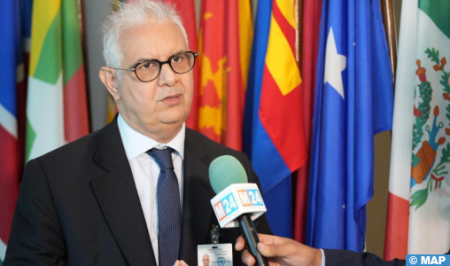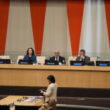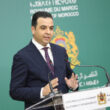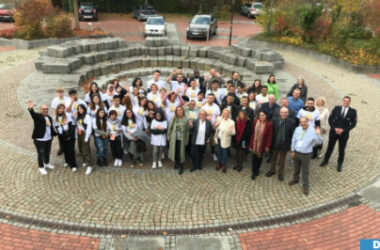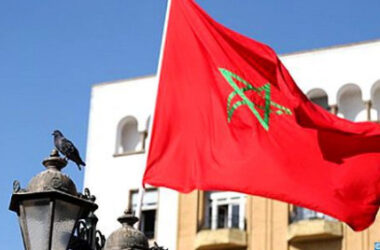Speaking at an interactive dialogue held Wednesday as part of the United Nations Water Conference, Baraka said that this approach is a “key tool” to ensure the water development in a sustainable manner.
He noted that in Morocco, the water resources integrated management is implemented since 1995, with the enactment of the first law 10-95 on water that allowed the creation of 10 hydraulic basin agencies (ABH) as bodies responsible for the development of water resources at the basin level.
The role of basin agencies in the implementation of integrated water resources management has been strengthened in the new Law 36-15 on water, he noted, adding that this text has further boosted the consultation at local level through the creation of hydraulic basin councils, responsible for examining and giving their opinion on issues related to planning and water management, including master plans for integrated development of water resources and local water management plans.
These documents are the reference of the national water plan which is being updated for a period of 30 years, he said at this meeting co-chaired by China and the European Union.
Baraka, who is also President of the International Network of Basin Organizations (INBO), also considered that basin organizations worldwide can play a catalytic role in water and sustainable development with all stakeholders in the water sector at the level of basins and territories, leading eventually to more sustainable societies. He stressed the importance of providing the necessary means to these organizations and strengthen their capacity for the development and management of water resources.
The Minister has also indicated that Morocco has started a “very important” desalination program of sea water, which aims to develop the desalination of water for coastal cities, to relieve pressure on conventional water resources in a context of scarcity and enhance the existing agricultural perimeters. The goal of this program is to reach 1.3 billion m3/year by 2030 for drinking water supply, agriculture and industry, he said.





